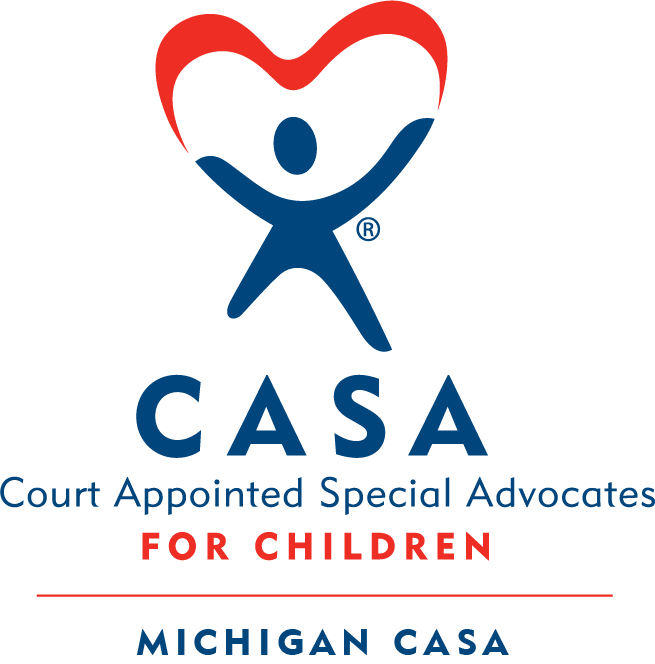Educational Advocacy for a Young Child. . .
Billy was born with complications related to his mother’s opiate addiction. Family reunification was the goal until his mother gave birth to a little girl, Stella, sixteen months later. Like Billy, his sister Stella was also born with medical issues related to her mother’s drug use during pregnancy. Unfortunately, reunification was deemed not possible for the children and their mother’s parental rights were terminated. The children were placed with an aunt and uncle who wanted to adopt them. The adoption was finalized a year later and at first it seemed as though Billy and Stella had found their forever family; however, things started to fall apart for Billy when he entered kindergarten. The school began having many concerns about Billy’s behavior and felt he needed services, but needed assessments completed before they could address his specific needs.
Billy’s aunt and uncle were very happy with Stella, but it became clear that they were overwhelmed by the care Billy seemed to need. When Billy was six years old his aunt and uncle returned him to state care. Shortly after Billy returned to foster care a Judge assigned a CASA on his case. The CASA was a retired teacher and immediately began communicating the school’s concerns and suspicions of attention deficit hyperactivity disorder (ADHD) to the state case worker and Billy’s foster parent. The CASA advocated for testing to ensure that Billy was receiving proper services. As a result of the CASA’s continued educational advocacy, Billy was assessed and he was diagnosed with ADHD. The CASA volunteer ensured that Billy received therapy at home and in school to stabilize his behavior and increase his likelihood of adoption. Billy has since been adopted by his foster family, is thriving in school and has the kind of life he deserves thanks to the efforts of his CASA volunteer.

